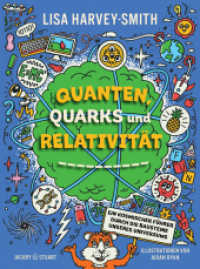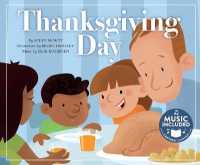Full Description
The evolution of cooperation and altruism both within and between species remains a subject of scientific interest. In the past two decades, numerous evolutionary scientists have considered the influence of genes, culture, and social institutions in facilitating the emergence of cooperation within and among large-scale human groups. Traditionally, the evolution of complex societies has been attributed to the rise and spread of farming. Novel paleoanthropological and archaeological evidence provides an alternative perspective, wherein complexity preceded the emergence of agriculture. These findings suggest that prehistoric human societies cooperated beyond local networks based on kinship and reciprocity. Despite this growing literature, little attention has been given to how humans extended their prosocial inclinations toward their domesticated animals. The present book provides a novel theoretical framework based on cutting-edge evidence discussed across various scientific fields, including evolutionary ecology, paleontology, archaeology, history, anthropology, and psychology, offering further insight into our coevolution with nonhuman animals.








